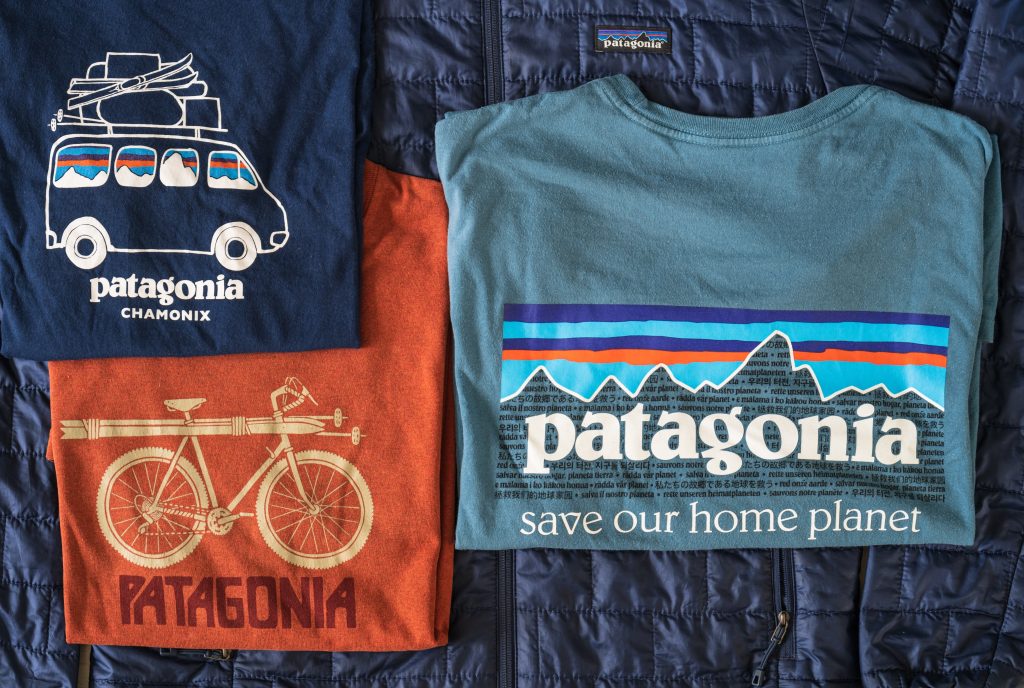
Patagonia, the outdoor apparel giant, is facing a unique challenge: how to be a successful business while prioritizing environmental well-being. This struggle, known as the ‘Patagonia Paradox’, highlights the inherent tension between traditional business models focused on growth and sustainability efforts.
Fashion industry's environmental footprint
The fashion industry is a major contributor to pollution, relying on excessive production and consumption. Fast fashion, in particular, thrives on cheap, disposable clothing, leading to environmental damage and textile waste.
Patagonia's stance
Patagonia has long been a champion of environmental activism. The company encourages mindful consumption through its "Don't Buy This Jacket" campaign and focuses on building durable, long-lasting products. Additionally, Patagonia donates 1 per cent of its sales to environmental causes and recently converted itself into a trust dedicated to fighting climate change. It even restructured itself to make ‘Earth’ its sole shareholder. However, their core business – selling outdoor gear – inherently creates environmental impact. Every new item produced has an environmental impact. The company is exploring alternative models like resale (Worn Wear) to address this challenge.
Resale, a viable solution
CEO Ryan Gellert sees resale as a key strategy. Resale offers a more sustainable alternative to constant production. Patagonia's Worn Wear program allows customers to buy and sell used Patagonia gear. While profitable, resale is still a small portion of Patagonia's overall business. And critics argue resale simply encourages more consumption overall.
However, Patagonia isn't just focused on changing its own operations. Their 2011 "Don't Buy This Jacket" ad campaign famously urged consumers to reduce consumption. More recently, their mockumentary "The Shitthropocene" uses humor to address the environmental impact of fast fashion. However, some find such efforts preachy or lacking substance.
The paradox
Patagonia's efforts are not without criticism. Some view their sustainability messaging as hypocritical, and their use of plastics in some products contradicts their environmental goals. Their reliance on synthetics, even recycled ones, creates microplastic pollution. The company's lobbying efforts can be seen as contradictory. Additionally, their advocacy for stricter regulations can put them at odds with industry groups.
Despite the challenges, Patagonia remains a leader in sustainable business practices. Experts acknowledge Patagonia's positive impact while recognizing the inherent environmental footprint of a growing business. Patagonia's journey towards a more sustainable business model is ongoing. Challenges include finding alternatives to virgin plastics, navigating a changing regulatory landscape, and maintaining consumer trust. Despite these hurdles, Patagonia serves as an example for businesses seeking to balance profit with environmental responsibility. Whether their approach is a ‘magic trick’ or a work in progress, Patagonia's efforts are a step towards a more sustainable future for the fashion industry.












